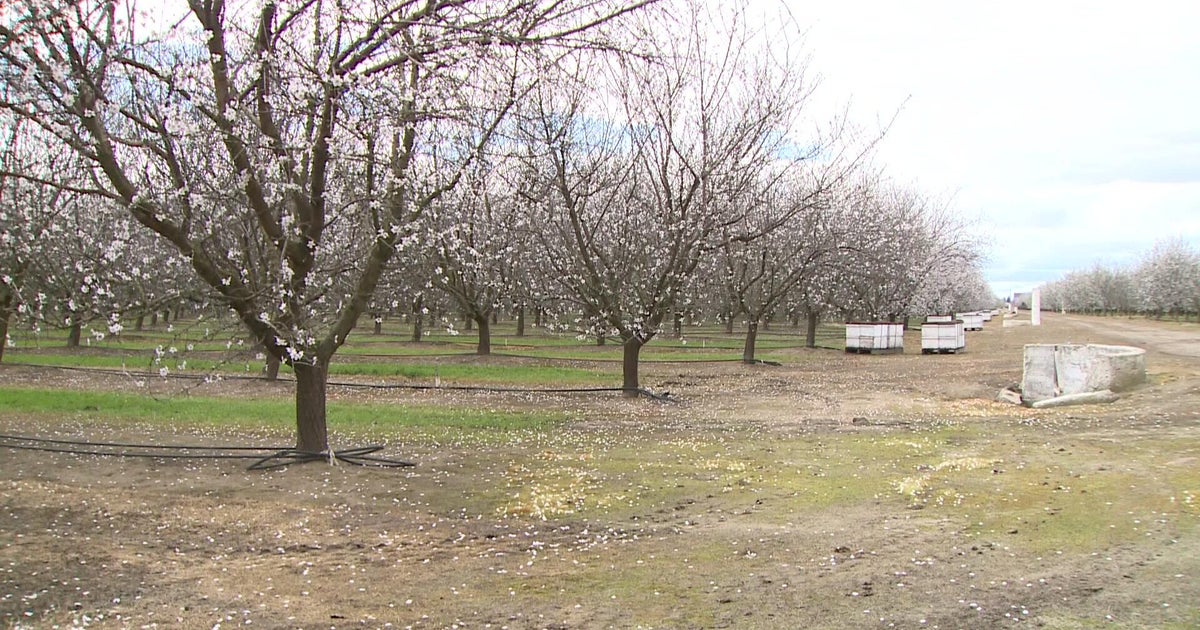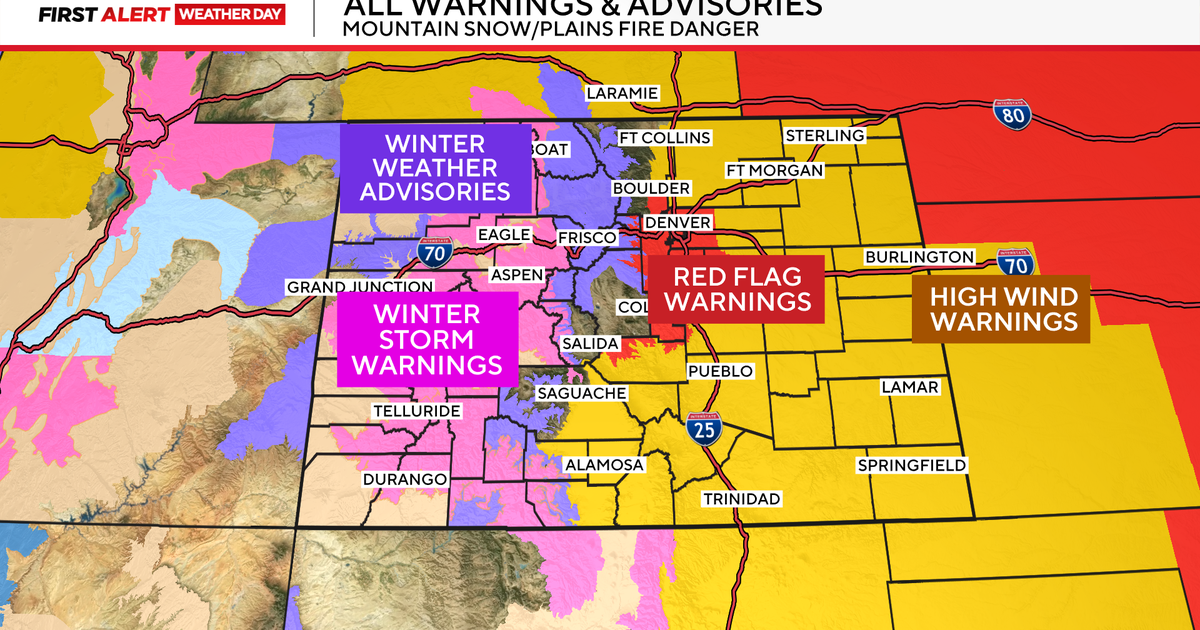California Roll Out New Student Testing Proposal Aimed At Critical Thinking
SACRAMENTO (CBS/AP) - California's students may be filling in fewer bubbles on multiple choice standardized tests in the future and writing longer answers instead.
Superintendent of Public Instruction Tom Torlakson unveiled a set of proposals Tuesday to rewrite the state's battery of standardized tests that students take every spring to measure achievement in English-language arts and math, readiness to graduate from high-school, and subjects such as science.
"Multiple choice, fill-in-the-bubble tests alone simply cannot do the job anymore, and it's time for California to move forward with assessments that measure the real-world skills our students need to be ready for a career and for college," Torlakson said.
California Rolls Out New Student Testing Proposal Aimed At Critical Thinking
Instead of multiple choice bubbles, the new tests will emphasize critical thinking and problem-solving skills and require deeper, more extended responses, he said. The new exams will be largely administered and scored by computer, but some will require scoring by hand.
Torlakson's report will be submitted to the state Legislature, which must approve the new design and issue guidelines before education officials can start rewriting the tests. The new exams are slated to debut in the 2014-15 school year.
The report, which contains 12 recommendations, is the culmination of a yearlong project that lawmakers ordered last year as school districts phase in national curriculum standards, known as Common Core State Standards. The new curriculum aims to develop students' analytical skills over rote memorization and involves developing new assessment methods to measure those skills.
A task force met around the state for six months last year and presented a series of recommendations to Torlakson last fall.
David Rattray, senior vice president of education and workforce development at the Los Angeles Area Chamber of Commerce, said the new direction of testing is promising.
"Employers are looking for problem-solving, a deeper understanding of knowledge to put it to work," Rattray said. "What works for students, works for business."
Testing results are used largely to judge how well schools are doing their job and are a key factor in a school's so-called "academic performance index," a ranking that enables parents and the community to easily compare schools.
Deputy Superintendent Deb Sigman said that the computerized system will also speed up delivery of results with the goal of getting them to teachers so they can see where students need extra help while they are still in school. Currently, test results are delivered in mid to late summer.
Sigman also said that by emphasizing more creative, thinking responses on tests, teachers will gain more latitude in their curriculums instead of merely "teaching to the test."
"This will give teachers their autonomy back," she said.
Torlakson said some standardized tests will be suspended next year as the new tests are introduced. Those include second-grade tests and end-of-year finals in non-core subjects in high schools.
(Copyright 2013 by CBS San Francisco. All Rights Reserved. This material may not be published, broadcast, rewritten, or redistributed.)







